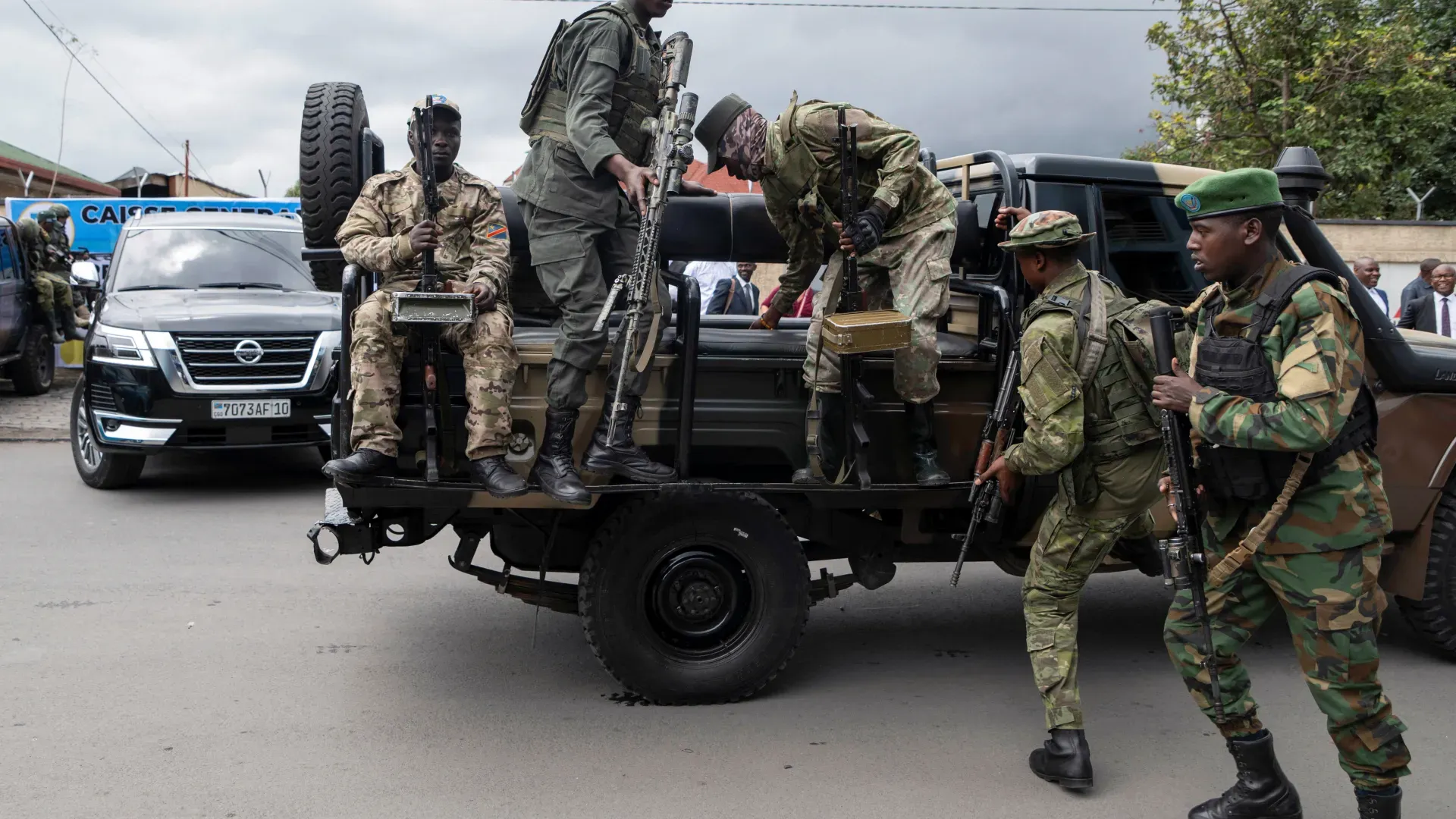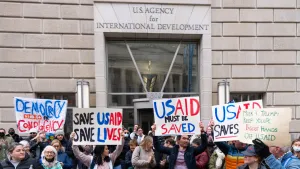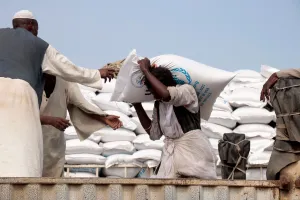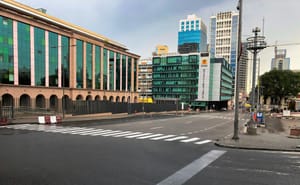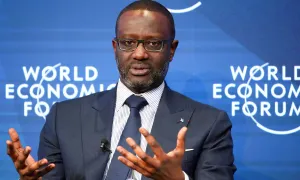The Democratic Republic of the Congo (DRC) and the M23-led rebel coalition, widely believed to be supported by Rwanda, have reached a preliminary agreement to halt fighting in eastern Congo and move toward a permanent ceasefire, following a series of negotiations facilitated by Qatar.
In coordinated statements released on Wednesday evening, both the Congolese government and the Alliance Fleuve Congo (AFC)—a coalition that includes M23—announced their commitment to resolving the long-running conflict through peaceful dialogue. The two parties described the Doha-based discussions as “frank and constructive” and stated they had agreed to work toward “concluding a truce that would contribute to the effectiveness of a ceasefire.”
The statements also emphasized a shared pledge to an “immediate cessation of hostilities,” a rejection of hate speech and intimidation, and a call for local communities to support peace efforts. This marks the first time both sides have publicly committed to a joint statement, raising cautious hopes for progress in a region plagued by repeated breakdowns of ceasefire deals.
The negotiations in Doha followed Qatar’s diplomatic push in April, when the Gulf nation hosted a rare meeting between Congolese President Félix Tshisekedi and his Rwandan counterpart Paul Kagame. Despite both leaders calling for a ceasefire during that meeting, fighting on the ground continued. Since 2021, at least six ceasefires have been declared and later collapsed.
Qatar, which has growing economic interests in both Rwanda and DRC, has positioned itself as a mediator in regional peace efforts, leveraging its ties with both governments. Its latest intervention managed to extract a fragile agreement despite persistent tensions.
M23 forces launched a major offensive in January 2025, rapidly capturing key urban centers including Goma and Bukavu, the largest cities in eastern Congo. The offensive has deepened the region’s humanitarian crisis, displacing hundreds of thousands and leaving countless casualties in its wake.
The United States, United Nations, and Congolese officials have long accused Rwanda of arming and financing M23 in order to secure access to mineral-rich territories in the east—allegations Kigali continues to deny.
Despite the joint commitment to de-escalation, sources close to the negotiations described a tense atmosphere in Doha. Discussions reportedly faltered over proposed confidence-building measures, including the release of prisoners detained by DRC authorities for alleged connections to Rwanda or M23.
A Congolese government official told Reuters that the rebel coalition’s demands were excessive and threatened to undermine the rule of law: “Our justice system is independent. We cannot give in to every whim. Crimes have been committed. Some people must pay.”

From the rebel side, a source confirmed that the talks nearly collapsed over the prisoner issue, with representatives leaving Doha as disagreements over these preliminary measures became a stumbling block to deeper negotiations.
Delphin Ntanyoma, a peace and conflict researcher at the University of Leeds, noted that while international support, particularly from Qatar, may help maintain momentum, enforcement remains a challenge. He highlighted the vast, volatile terrain of North and South Kivu provinces as a major obstacle to monitoring any ceasefire effectively.
Diplomatic sources said that Qatar’s pressure was instrumental in securing the joint declaration and that both parties remain under scrutiny from the international community to follow through on their promises. For now, a fragile hope lingers that this tentative step may pave the way for a broader and more durable peace process in a region devastated by years of armed conflict.
